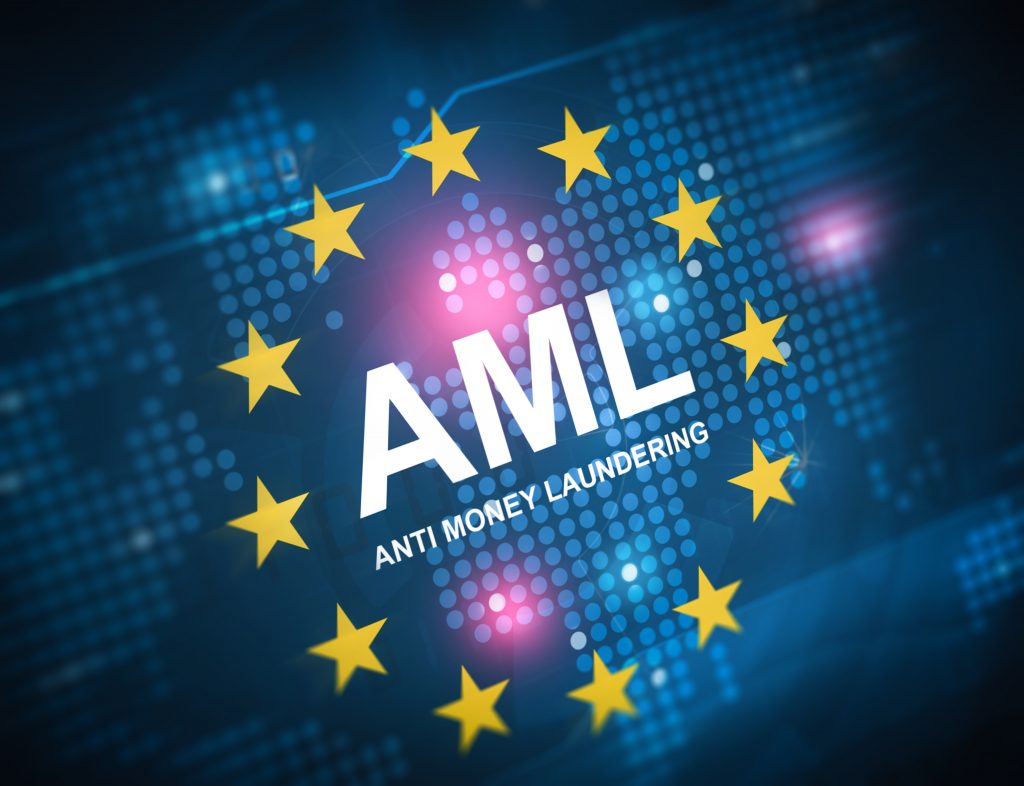The EU’s Fifth Anti-Money Laundering Directive is laying down clear objectives for preventing the exploitation of financial sector loopholes and bolstering the fight against counter-terrorism.
The Directive, which entered into force in July 2018, and must be transposed in national legislation in all Member States by January 2020, is seeking increased transparency on the true ultimate beneficial owners of entities and trusts. It will involve broader criteria for assessing high-risk third countries to ensure EU-wide high-level safeguards for financial transactions from such jurisdictions.

Given the worldwide impetus to fight global financial crime, AML5 tackles head-on the challenge of terrorist financing from the anonymous use of virtual currencies and pre-paid instruments. The Directive seeks to achieve this objective by extending the scope of regulated entities which oversee the crypto-area and requiring professionals to use the latest digital tools against AML/CFT.
The overarching message of the Directive is that authorities and regulated entities in Member States must upgrade their risk-based approach within the context of a new era of regulatory oversight which keeps up with rapidly-changing technology.
Five ways the Directive improves current financial regulations:
- Registers of beneficial owners of entities and trusts: the new law requires that Member States grant access to beneficial ownership records to any person who can demonstrate a legitimate interest and anyone submitting a written request to the Regulator in relation to a trust which holds or owns a controlling interest in any corporate or other legal entity which is not registered in any Member State.
- Virtual/digital currencies are ‘obliged entities’: Virtual currency platforms and wallet providers will be considered obliged entities which face the same AML/CFT regulations applied to financial institutions;
- Enhanced due diligence on high-risk third countries: the Directive creates a standardised approach for all Member States on how they treat relationships with high-risk offshore jurisdictions;
- Limits on pre-paid cards: with terrorism financing, moving to alternatives payment methods, such as pre-paid cards, the Directive proposes that the monthly transaction limit of, and maximum amount of, money stored on such cards be reduced to €150;
- FIU’s powers upped: the Directive will allow for Financial Intelligence Units (FIUs) to have access to more information through centralised bank systems and payment account register or data retrieval systems.
While these improvements will certainly strengthen the fight against financial crime, the European Commission has already acknowledged that additional efforts will still be needed in order to efficiently fight money laundering and terrorism financing. In that respect, an amendment project of AMLD5 is already under discussion at EU level.

